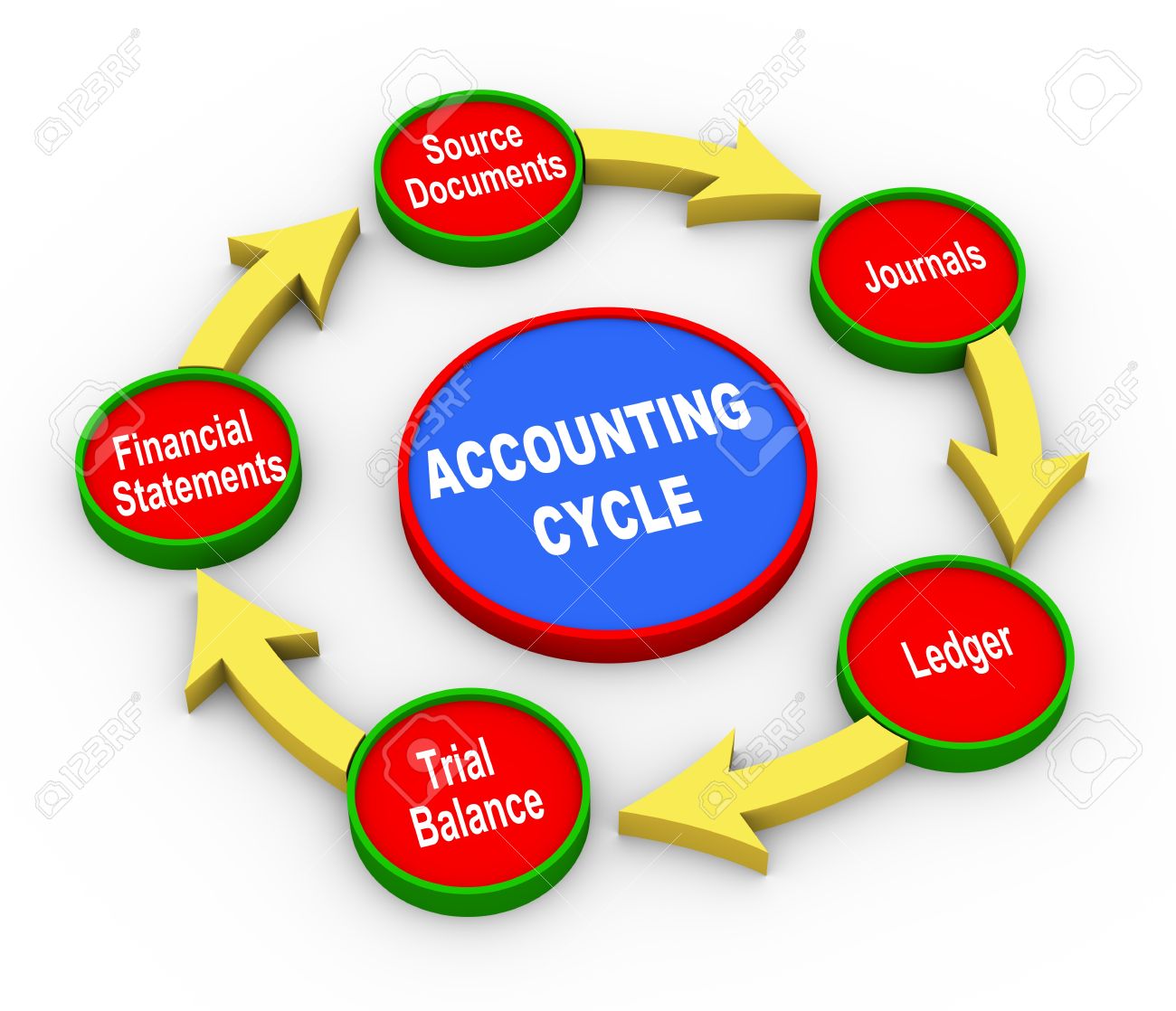CO1: Recognise difference between the domestic and foreign trade and the documents used in foreign trade
CO2: Understand the structure of Balance of Trade and Balance of Payment.
CO3: Comprehend the Trade Policy reference to Export and Import Policy impact on the economic growth and development of a country.
CO4: Understand the formation of the Trade Blocs like SAARC, BRICS, ASEAN, FTA etc and their role in regional growth and co-operation by removing various trade barriers and possess the knowledge of WTO and multilateral lending agencies.

- Teacher: Dr. KIRTI SUNIL BIDNUR
- Teacher: PAVITRAMBIKA MANGARI
Course Objectives
The course aims to at providing an in-depth knowledge in Finance Accounting concepts, conventions and the role of financial Accounting in the business. Gives a hands-on-experience in the process of learning the financial Accounting and know-how to prepare the financial statements.
COURSE OUTCOMES:
CO1: Know about importance of accounting in business, various branches of accounting and understand the terminologies used in business
CO2: understand the principles of accounting and method of recording, Journalising posting to ledgers and preparation of financial statements
CO3: know the method of preparing various subsidiary books
CO4: Know the reasons for disagreement between Cash book and pass book and also to reconcile them.
CO5: Know the importance of cash and non cash transactions types of errors that occur while recording and preparing financial statements
CO5: Know the causes for disagreement of trial balance and method of rectifying them
CO7: understand and differentiate between Capital and revenue items and its treatment
CO8: Know the difference between direct and indirect expenses, preparation of financial statements Trading account Profit and Loss account and Balance Sheet.--------------------------------------------------------------------------------------------------------------------------------------------------
Syllabi (Osmania university)
Accounting process: Introduction-Definition- Functions- Advantages Limitations- Branches of a/c-Accounting Principles-Types of account, Journal, Ledger Trial balance.
Subsidiary books: Meaning and Types of Subsidiary Books.
Bank reconciliation statement Meaning- Need- Reasons for differences between Cash book and pass book. Preparation of Bank reconciliation Statement.
Rectification of errors and depreciation: Capital and revenue expenditure and receipts-Types of errors-Suspense accounts and their rectification. Depreciation- Meaning- Causes- Objectives of providing depreciation – Methods of depreciation.
Final accounts: Final accounts of Sole Trader: Meaning- uses-preparation of Manufacturing, Trading and Profit and loss a/c and Balance Sheet- Adjustments.
---------------------------------------------------------------------------------------------------------------------------------------------------References
1. Financial Accounting -I, S P Jain, K. L.
Narang, Kalyani Publishers.
2. Financial Accounting-I, S. Sunil Kumar, V. Rajesh Kumar,
B. Mariappa, Himalaya Publishing House.
3. Financial Accounting,
Jawaharlal, Seema Srivastava, S Chand Publishing
Instructions to the Students |
[1] Students are requested to be in class prior to the faculty entering into the class. [2] A late entry (After 5 Minutes of the prescribed session hour i.e., 300 Seconds) into the class is strictly prohibited. [3] Once session begins, students are not allowed to go outside; case is different for valid reason. [4] Students are advised to attend all sessions without fail (Maintain Minimum 75% Attendance). [5] Every day questions will be asked on the topics covered in earlier sessions, students should be prepared to give the answers. [6] Students are advised to carry Pen, Reader, Running Notes and Simple Calculators to each and every session compulsorily. [7] Students are requested not use Mobile Phones during the session. [8] If Student is found using Mobile Phones during the session, mobile will be confiscated and will be returned only at the end of the semester. Hence students are advised to give landline number of college information centre to their family members for emergency purpose. |

- Teacher: Dr. SRI SAI CHILUKURI